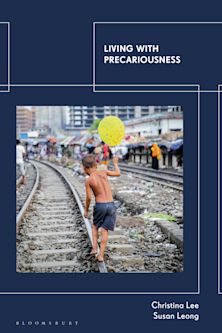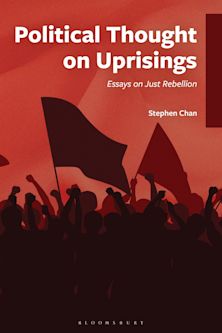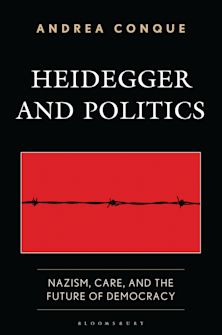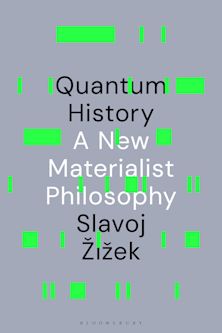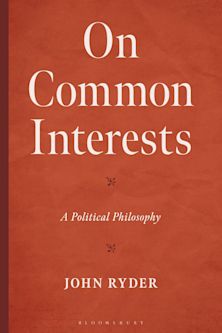Person-Centered Politics
A Personalist Approach to Political Philosophy
Person-Centered Politics
A Personalist Approach to Political Philosophy
This product is usually dispatched within 2-4 weeks
- Delivery and returns info
-
Flat rate of $10.00 for shipping anywhere in Australia
Description
What accounts for the widespread disillusionment with politics? Person-centered Politics suggests that politics today, through its structures, processes, and institutions tends to presuppose and to impose a certain caricature of the human person that inhibits and frustrates a real sense of personal participation in an authentic common good of politics and society.
In 12 chapters that touch on fundamental themes of political philosophy, Person-centered Politics proposes the social and transcendent dimensions of personal existence and their application to the renewal of politics today. The themes explore the commonly accepted assumptions of politics today and how a renewed understanding of the person can invigorate political discourse and action.
In Person-centered Politics the author is in continuous dialogue with some of the major contemporary philosophers and thinkers, such as Eric Voegelin, David Walsh, Robert Sokolowski, Vaclav Havel, Pierre Manent, Peter Simpson, and Joseph Ratzinger/Benedict XVI. Detailed footnotes in each chapter provide reference to further sources of enlightenment and research.
Person-centered Politics proposes an outline for a renewed vision of politics that is centered on the truth of human existence, and not a politics that distorts and suffocates the human spirit, because, in the words of E. Voegelin, ‘the right order of the soul through philosophy furnishes the standard for the right order of society’—and not the other way round.
Table of Contents
Acknowledgments
Abbreviations
Introduction
Chapter 1: A Philosophical Approach to Politics
Chapter 2: Person and Politics
Chapter 3: Truth and Politics
Chapter 4: Living Publicly in the Truth
Chapter 5: The Person’s Transcendent Social Destiny
Chapter 6: Political Authority and Its Justifications
Chapter 7: Forms of Political Government
Chapter 8: Law and Society
Chapter 9: Human Rights
Chapter 10: The Unity of the Nations
Chapter 11: Political Ideologies and Their Justifications
Chapter 12: Politics and Religion
Bibliography
About the Author
Index
Product details
| Published | 16 Aug 2024 |
|---|---|
| Format | Paperback |
| Edition | 1st |
| Extent | 458 |
| ISBN | 9780761874768 |
| Imprint | Hamilton Books |
| Dimensions | 229 x 152 mm |
| Publisher | Bloomsbury Publishing |
Reviews

ONLINE RESOURCES
Bloomsbury Collections
This book is available on Bloomsbury Collections where your library has access.

















